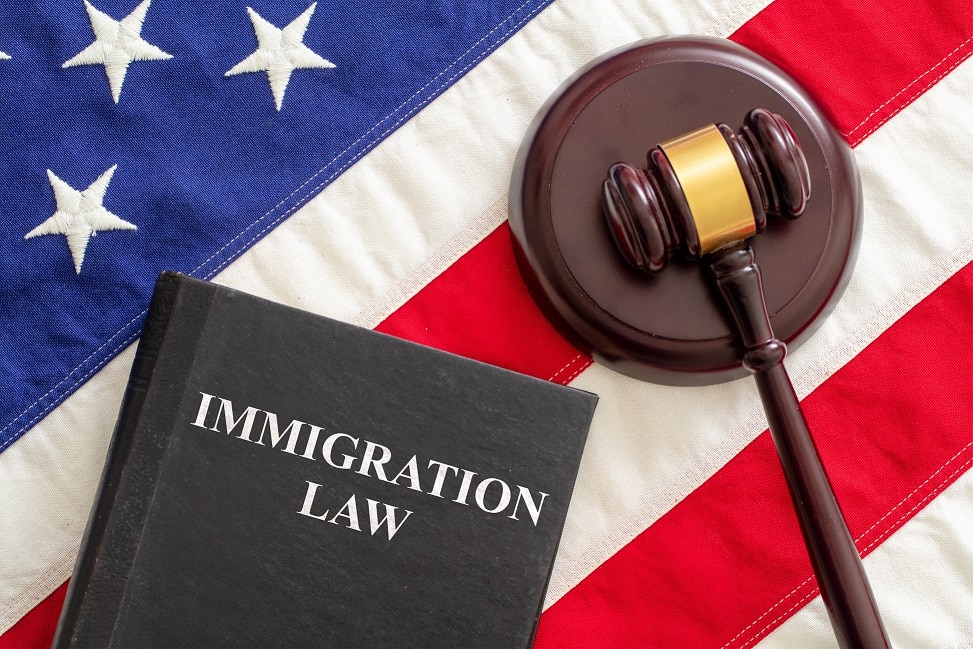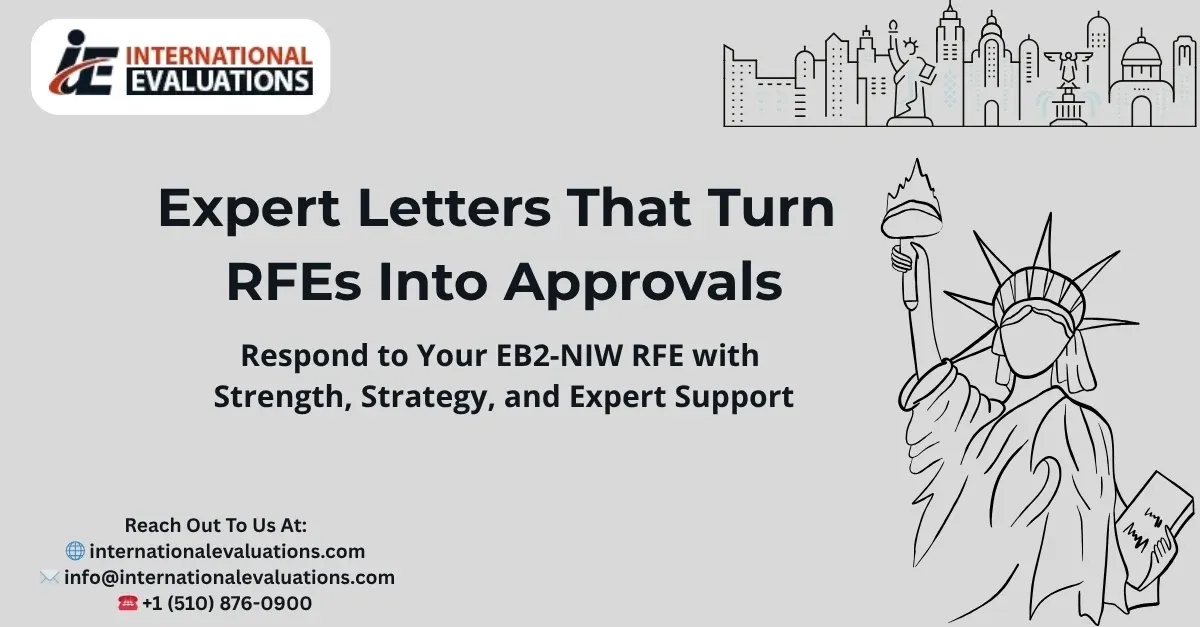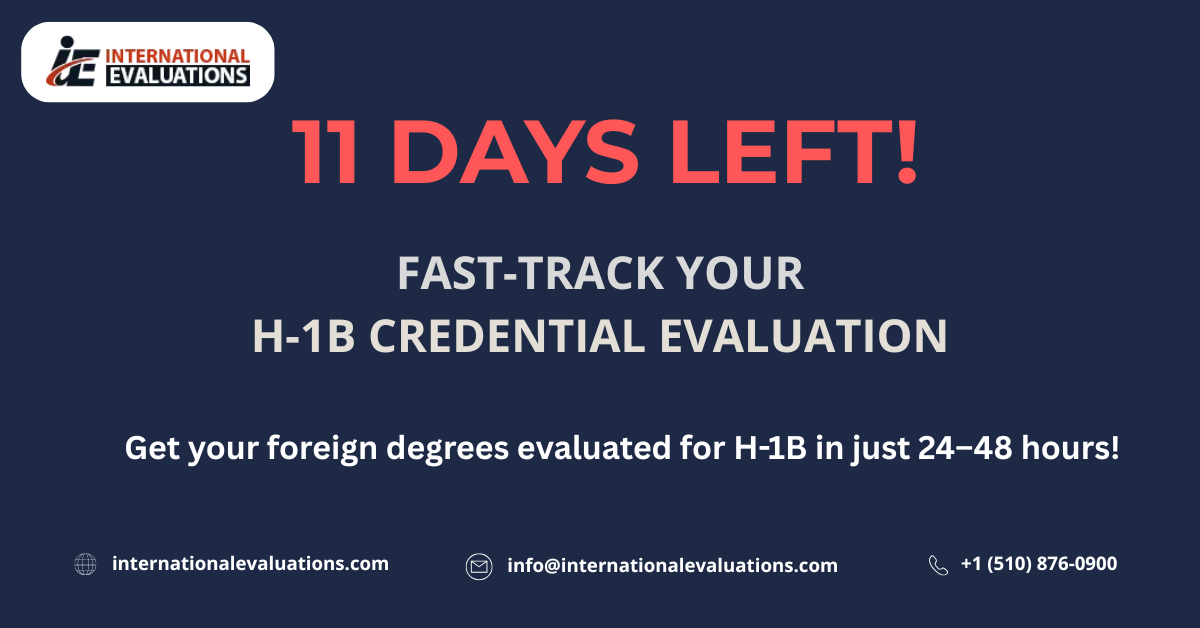There are a variety of reasons why an RFE (Request For Evidence) is issued. First, you need to know why it is issued.
If all evidence is not submitted initially or does not demonstrate eligibility, USCIS may deny the benefit request for lack of initial eligibility or request that missing evidence should be submitted within a specified period as determined by USCIS.
Process
A request for evidence will be communicated regularly or electronically specifying the type of evidence required and whether initial or additional evidence is required.
Time
The request for evidence will indicate the deadline of response, but not exceed 12 weeks.
Reasons for RFE
There may be several reasons but below are the most common.
- Special occupation: The petition doesn’t establish that the position given qualifies as a specialty occupation as defined in section 214(i)(1) of the act on 8CFR 214.2(h)4(ii).
- Employer-employee relationship: The employer didn’t establish that they had a valid employer-employee relationship with the beneficiary by having the right to control the beneficiary’s work, which may include the ability to hire, fire or supervise beneficiary for a requested period.
- Availability of work (off-site): The petitioner didn’t establish that they have specific assignments in a specialty occupation for the beneficiary for the entire time requested in the petition.
- Beneficiary Qualifications: The petitioner did not establish that the beneficiary was eligible to qualify to perform services in a specialty occupation.
- Availability of work (in-house): The petitioner didn’t establish that they have specific and non-speculative assignments in a specialty occupation for the beneficiary for the entire requested time in the petition.
- LCA corresponds to petition: The petitioner didn’t establish that they obtained a properly certified Labor condition application (LCA) and the LCA corresponds to the offered position and terms given in the petition.
- AC 21 and six-year limit: The petitioner didn’t establish that the beneficiary was eligible for AC 21 benefit or was otherwise eligible for H1B extension as it may appear H1-B extension as it may appear that H1-B had a six-year limit.
- Itinerary: The petitioner didn’t meet the itinerary requirement at 8 CFR 214.2(h)(2)(i)(B), which requires the petitioner to submit an itinerary with a petition which requires services to be performed in more than one location. The itinerary must include the dates and locations to be provided.
- Fees: The petitioner didn’t establish that they paid all the H1-B filing fees.
Solutions to RFE (Request For Evidence)
Expert opinion letter
It is a letter from an industry-level professional association stating that they have a bachelor’s degree or higher in a specific specialty, a requirement for entry into the field.
Documents Needed
- Academic (work-related documents) in English and notarized
- Detailed resume specifying jobs held, name of companies, job duties.
- Supporting letters from previous employers specifying periods of employment, job titles, job duties.
Beneficiary Qualification letter
A beneficiary qualification letter is a letter that helps a petitioner make his case stronger when applying for a foreign position that he is qualified in the specialty category to attain the requested position.
Documents Needed
- Academic, work-related documents to submit and notarize.
- Transcripts, reference letters from colleges, academic records.
Why us
We have excellent experts including professors, Ph.D. holders, managers, Olympians who know what they are doing, and know how to make the case stronger case in your favor. So without a doubt go ahead with the solution for your RFE’s.








